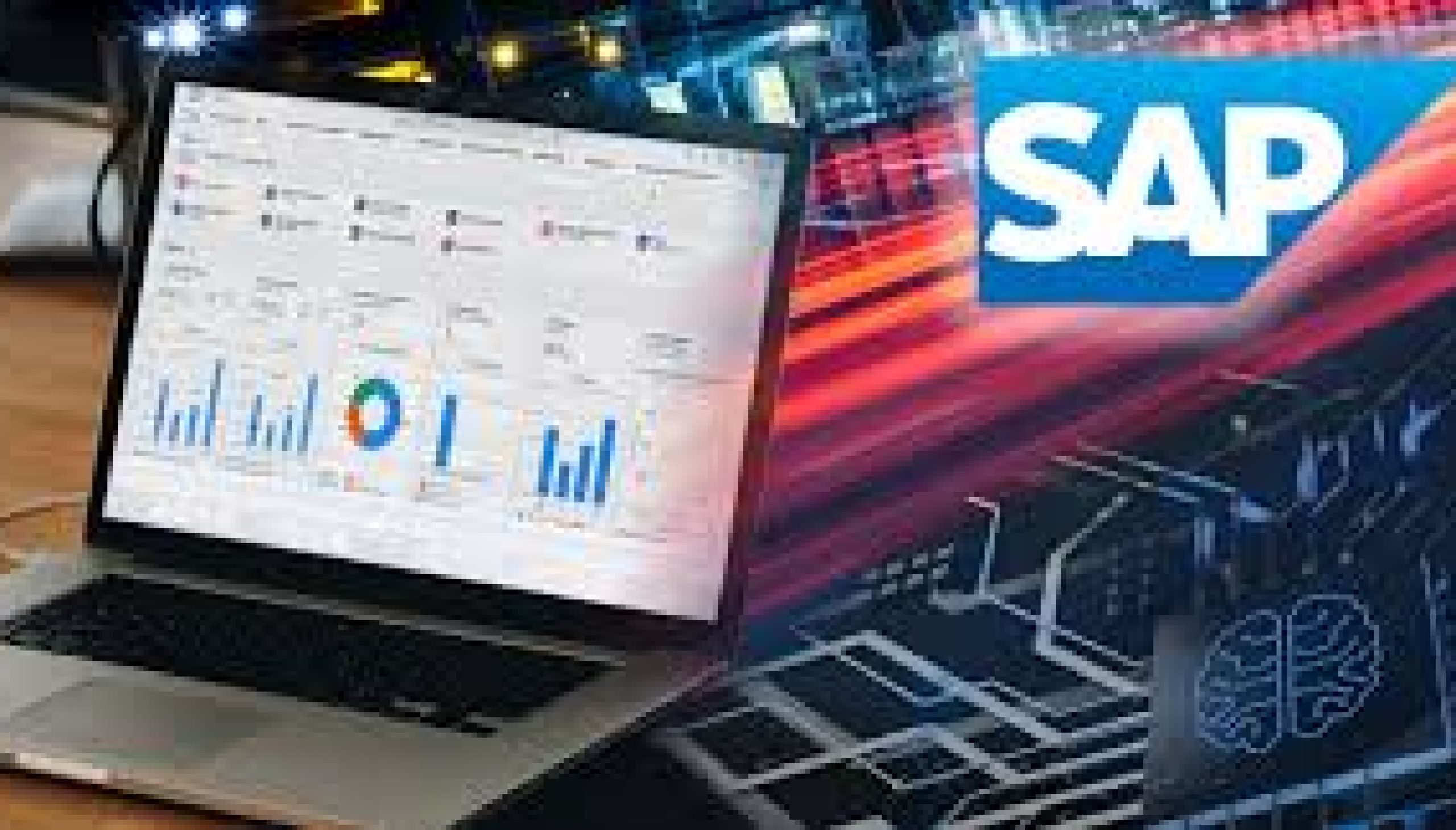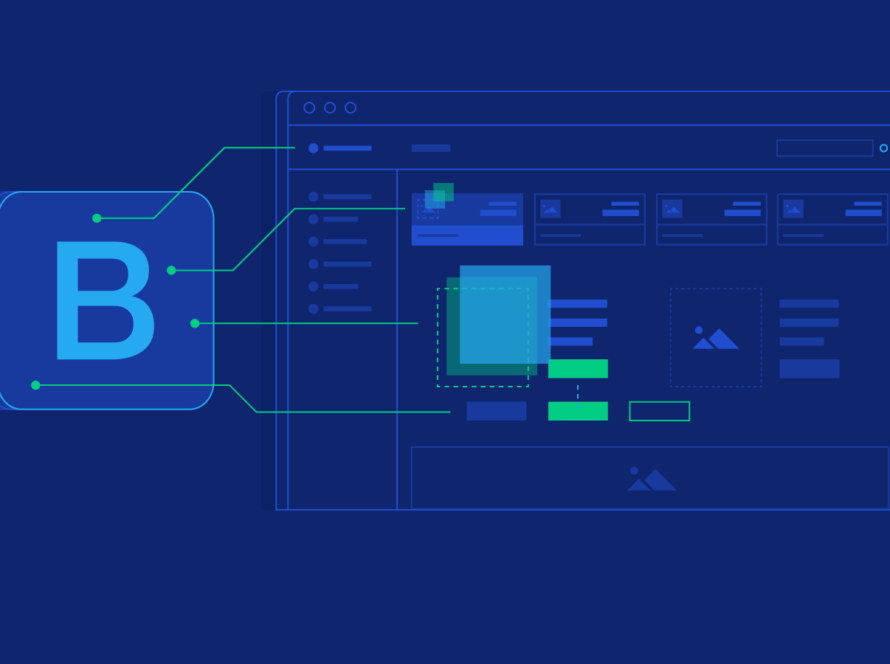Introduction
Managing a business today involves a lot of moving parts — finance, inventory, customer relations, human resources, and more. If you are looking to streamline your operations, investing in the best ERP software is a smart move.
But with so many options available, how do you find the right one? In this guide, we’ll walk you through everything you need to know about ERP software, top features to look for, and some of the best options available today.


What is ERP Software?
Enterprise Resource Planning (ERP) software is a system that integrates core business processes into a single platform. It helps you manage accounting, supply chain operations, manufacturing, human resources, and customer relationships in one place.
Instead of using multiple standalone tools, an ERP system centralizes information, making it easier for teams to collaborate and for leaders to make informed decisions.
Why Do You Need the Best ERP Software?
Choosing the right ERP platform isn’t just about managing operations—it’s about optimising them.
Here’s why businesses invest in ERP solutions:
- Efficiency: Reduce redundant tasks and manual data entry.
- Visibility: Get real-time insights into operations.
- Scalability: Easily adapt as your business grows.
- Better Decision Making: Access accurate data when you need it.
- Cost Savings: Automate and streamline processes to cut expenses.
Key Features to Look for in an ERP System
Not all ERP systems are created equal. When searching for the best ERP software,
Here are the essential features you should prioritise:
1. Cloud-Based Accessibility
Today, many businesses prefer cloud ERP software. It lets teams access information anywhere, without a heavy IT infrastructure.
2. User-Friendly Interface
A complicated system can frustrate employees. Look for ERP platforms that are intuitive and easy to use.
3. Customization Options
Every business has unique needs. The best ERP solutions allow you to tailor workflows, dashboards, and modules according to your requirements.
4. Scalability
As your business grows, your ERP should be able to handle more users, transactions, and data without needing a complete system overhaul.
5. Security and Compliance
Choose ERP software that follows industry-standard security practices and helps maintain regulatory compliance.
Best ERP Software Options in 2025
Here’s a look at some leading ERP systems widely recognised for their performance and features:
1. SAP Business One
Ideal for small to mid-sized businesses, SAP Business One covers financials, sales, customer management, inventory, and operations. It’s known for its reliability and robust reporting features.
2. Oracle NetSuite
NetSuite offers a cloud ERP solution designed for high-growth companies. It includes everything from financial management to CRM and e-commerce capabilities.
3. Microsoft Dynamics 365
Dynamics 365 provides integrated solutions for finance, sales, operations, and customer service. It’s highly customisable and perfect for businesses needing flexibility.
4. Odoo
Odoo offers an open-source ERP system with a wide range of applications. It’s particularly popular among startups and small businesses due to its affordability and modular design.
5. Infor CloudSuite
Infor specialises in industry-specific ERP systems, catering to sectors like manufacturing, healthcare, and retail.
How to Choose the Right ERP Software for Your Business
Here are some steps to guide you:
- Assess Your Business Needs: Identify your biggest operational challenges and goals.
- Set a budget. ERP software can vary widely in price, so define what you can invest.
- Check integration capabilities. Your ERP system should easily integrate with your existing tools, like CRM or accounting software.
- Look for vendor support. Ensure the software vendor provides strong customer support, updates, and training.
- Request a demo. Before committing, always ask for a demo or free trial to see how the ERP software works in real-world scenarios.
Benefits of Cloud ERP Software
If you’re still deciding between traditional and cloud ERP software,
Here are a few reasons why cloud options are gaining popularity:
- Lower upfront costs
- Faster implementation
- Automatic updates
- Remote accessibility
- Built-in security measures
Many businesses, especially SMEs, prefer cloud solutions because they eliminate the need for expensive on-site hardware and ongoing IT maintenance.
ERP for Small Businesses: A Growing Necessity
Small businesses can benefit tremendously from implementing ERP solutions early. By integrating operations from the start, small companies can avoid the headaches of managing multiple disconnected systems later.
Benefits include:
- Better cash flow management
- Improved customer service
- More efficient project management
- Reduced operational errors
Final Thoughts
Choosing the best ERP software can feel overwhelming, but it’s one of the most valuable investments you can make for your business’s future. By focusing on your specific needs, setting a budget, and researching options carefully, you’ll find an ERP system that boosts productivity, improves accuracy, and helps you grow sustainably.



